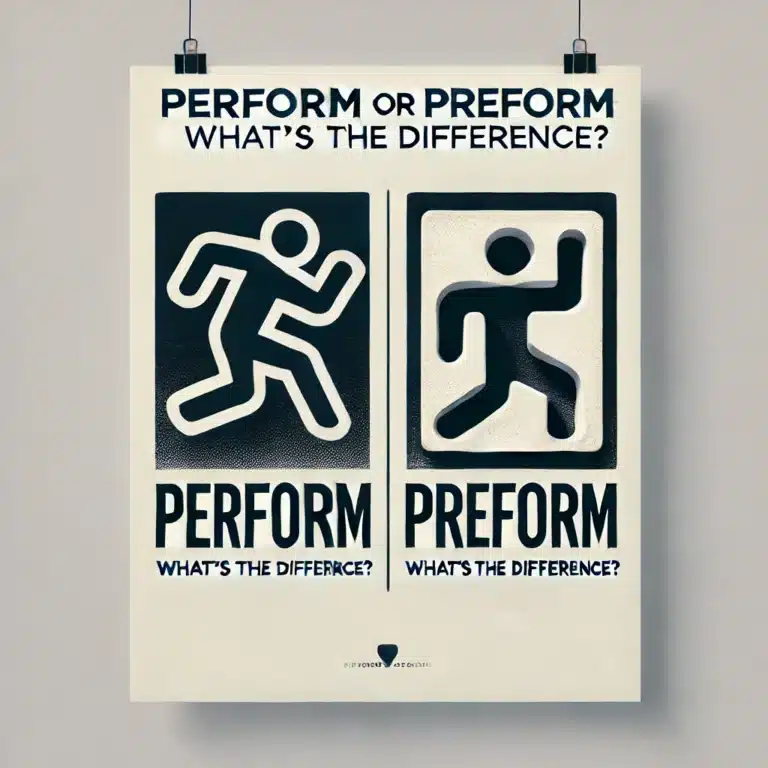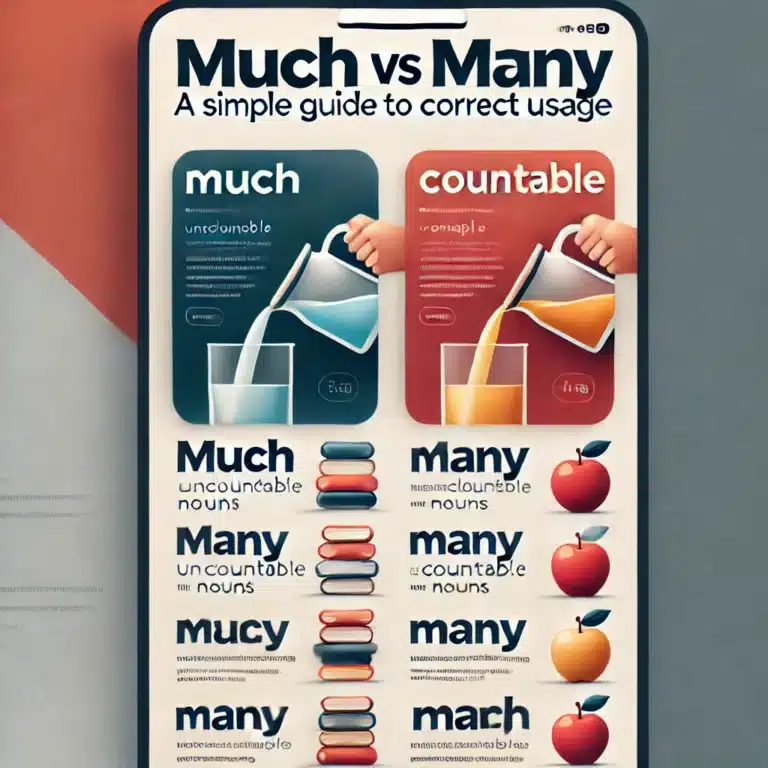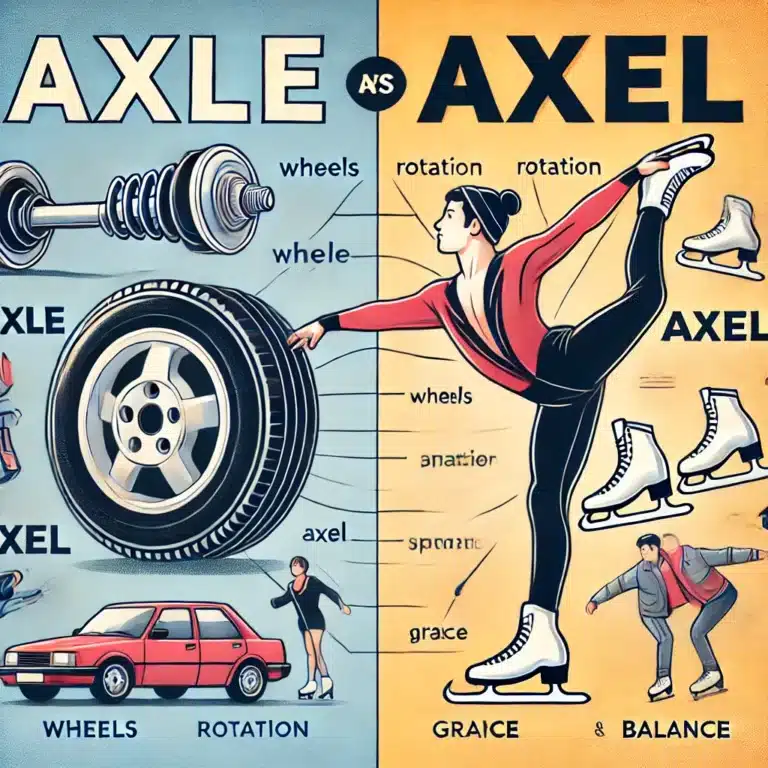Skill Set, Skillset, or Skill-Set: Mastering the Art of Professional Language
In the ever-evolving world of professional communication, even the simplest terms can trip us up. Take “skillset,” for instance. Is it one word, two words, or hyphenated? This seemingly straightforward phrase has sparked debates among writers, editors, and language enthusiasts alike. Let’s dive into the linguistic maze of compound nouns and unravel the mystery behind this essential term.
The Skill Set Conundrum: Why All the Fuss?
You might wonder why we’re making such a big deal about a couple of words. Well, in the realm of professional writing, precision matters. Whether you’re crafting a resume, penning a business proposal, or updating your LinkedIn profile, how you present your abilities can make a world of difference.
The confusion stems from the nature of compound nouns in English. These are words formed by combining two or more words to create a new concept. “Skill set” falls into this category, but its correct form isn’t as clear-cut as we’d like.
Read About : Cocoon or Cacoon? Cracking the Spelling Code
Defining the Terms: What Are We Really Talking About?
Before we dive deeper, let’s clarify what we mean by each variation:
- Skill set (two words): The traditional form, widely accepted in formal writing.
- Skillset (one word): An emerging variant, gaining popularity in informal contexts.
- Skill-set (hyphenated): A compromise between the two, often used as a transition form.
Each version represents the same concept: a collection of abilities, competencies, or expertise that a person possesses. But their usage and acceptance vary widely.
The Evolution of “Skill Set”: A Linguistic Journey
The term “skill set” first appeared in print in the mid-20th century. According to the Oxford English Dictionary, its earliest recorded use dates back to 1959. Since then, it’s become a staple in professional and academic vocabulary.
Over time, as with many compound nouns, “skill set” has begun to morph. We’ve seen a gradual shift towards the closed form “skillset,” especially in informal writing and digital communication. This evolution isn’t unusual – think of “e-mail” becoming “email” or “web site” transforming into “website.”
Grammar Deep Dive: Compound Nouns and Their Peculiarities
To understand the “skill set” dilemma, we need to grasp the basics of compound nouns. They come in three flavors:
- Open compounds (skill set)
- Closed compounds (skillset)
- Hyphenated compounds (skill-set)
The tricky part? There’s no one-size-fits-all rule. Some compounds start as separate words, then become hyphenated, and finally merge into a single word. Others skip steps or remain in one form indefinitely.
“The English language is an arsenal of weapons. If you are going to brandish them without checking to see whether or not they are loaded, you must expect to have them explode in your face from time to time.” – Stephen Fry
Style Guide Showdown: What the Experts Say
When in doubt, we often turn to style guides. But even they don’t always agree:
- The Associated Press (AP) Stylebook prefers “skill set” as two words.
- The Chicago Manual of Style doesn’t have a specific entry for “skill set” but generally favors open compounds for newer terms.
- Merriam-Webster’s Dictionary lists both “skill set” and “skillset” as acceptable variants.
This lack of consensus reflects the fluid nature of language and the ongoing evolution of this term.
Industry-Specific Usage: How Different Fields Prefer It
Interestingly, usage can vary by industry:
| Industry | Preferred Form | Reasoning |
|---|---|---|
| Tech | Skillset | Reflects the industry’s tendency towards concise, modern language |
| Academia | Skill set | Adheres to more traditional, formal writing styles |
| Business | Skill set/Skillset | Varies, with a trend towards the closed form in less formal contexts |
Regional Variations: A Global Perspective
Regional preferences also play a role in how “skill set” is written:
- American English tends to favor “skill set” in formal writing but is more accepting of “skillset” in casual contexts.
- British English generally sticks to “skill set” as two words.
- Australian and Canadian English align more closely with British usage but show increasing acceptance of “skillset.”
The Digital Age Impact: Search Engines and SEO Considerations
In our digital world, how we write affects more than just style – it impacts searchability. Google Trends data shows that while “skill set” remains the most searched term, “skillset” has been steadily rising in popularity since the early 2000s.
For SEO purposes, it’s worth noting that search engines typically treat “skill set” and “skillset” as the same term. However, using both versions in your content (naturally, of course) might help capture a wider audience.
Public Perception and Readability
A survey conducted among 500 professionals revealed some interesting insights:
- 62% preferred “skill set” as two words
- 28% favored “skillset” as one word
- 10% opted for the hyphenated “skill-set”
Readability scores showed negligible differences between the versions, suggesting that clarity depends more on context than on the specific form used.
Real-World Examples: “Skill Set” in Action
Let’s look at how different organizations use the term:
- LinkedIn job postings often use “skill set” as two words.
- Tech startups frequently opt for “skillset” in their communications.
- Academic journals consistently use “skill set” as separate words.
Beyond “Skill Set”: Synonyms and Related Terms
To add variety to your writing, consider these alternatives:
- Competencies
- Capabilities
- Expertise
- Proficiencies
- Talents
Each carries slightly different connotations, so choose wisely based on your context.
The Verdict: Navigating the “Skill Set” Landscape
So, what’s the bottom line? Here are some best practices:
- In formal writing, stick with “skill set” as two words.
- For more casual or tech-oriented content, “skillset” is increasingly acceptable.
- Consider your audience and industry norms when choosing.
- Be consistent within a single document or platform.
Looking Ahead: The Future of “Skill Set”
Language is ever-evolving, and “skill set” is no exception. As digital communication continues to shape our language, we might see “skillset” become the dominant form. However, for now, the two-word version remains the safest choice in formal contexts.
Conclusion: Mastering the Art of Skill Set Communication
Whether you’re listing your proficiencies on a resume or discussing team competencies in a report, understanding the nuances of “skill set” versus “skillset” can sharpen your professional edge. Remember, language is a tool – use it wisely, and you’ll communicate with clarity and confidence.
By staying informed about these linguistic nuances, you’re not just polishing your writing tips – you’re enhancing your own skill set in professional communication. And in today’s competitive world, that’s a skillset worth having.







